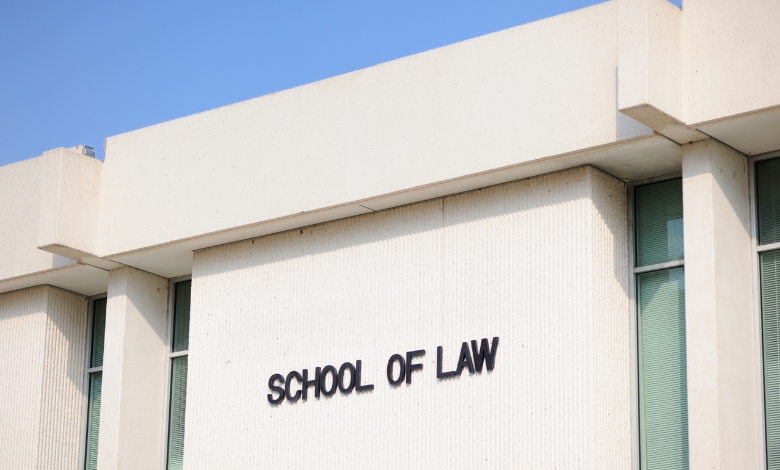Learn what factors judges consider when setting bail and how it impacts your freedom, finances, and legal strategy.
When someone is arrested and charged with a crime, one of the first questions on everyone’s mind is: “Will bail be granted and how much will it be?” Bail is the amount of money a defendant must pay to be released from custody while awaiting trial. But contrary to popular belief, bail isn’t just a number pulled out of thin air. Judges carefully consider a variety of factors when setting bail, and those decisions can have a significant impact on your freedom, finances, and legal strategy, particularly in cases related to labor and employment law where disputes may lead to criminal proceedings.
Article Breakdown
The Severity of the Crime
One of the first things a judge looks at is the nature and seriousness of the alleged offense. Violent crimes or offenses involving weapons, large financial losses, or serious injury typically result in higher bail, or no bail at all.
How it affects you: If you’re charged with a felony or a serious offense, expect that the bail amount may be higher to reflect the risk to public safety. In some cases, bail may be denied entirely.
Flight Risk
Judges must determine how likely a defendant is to flee before trial. If you have a history of missing court dates or no strong ties to the community, the judge may consider you a flight risk and set a higher bail, or require additional conditions like GPS monitoring.
How it affects you: Demonstrating stable employment, local residency, and strong community ties can help lower your bail amount. You may also need to surrender your passport or agree to supervised release.
Criminal History
A defendant’s past matters. Someone with a clean record may be granted lower bail or released on their own recognizance, while repeat offenders or those with outstanding warrants may face stricter terms.
How it affects you: If you’ve had prior run-ins with the law, especially for failing to appear in court, it can work against you during the bail hearing.
Risk to the Community or Victim
Public safety is a major consideration. If the court believes the defendant poses a danger to the community or a specific individual, the judge may impose higher bail or deny it altogether.
How it affects you: The judge may require protective orders or other conditions as part of bail, especially in domestic violence or harassment cases.
Ability to Pay
Judges must also consider whether the bail amount is reasonably affordable, especially in jurisdictions where excessive bail is constitutionally prohibited. However, affordability doesn’t always guarantee a low amount.
How it affects you: If you can’t afford bail, you may need to turn to a bail bondsman, who typically charges a non-refundable fee (usually 10% of the total bail). In some cases, you might be eligible for reduced bail or release without financial conditions.
Key Takings
- Understanding what judges consider when setting bail can help you navigate the legal process more confidently.
- While you can’t control every factor, having legal representation, showing responsibility, and demonstrating community ties can all work in your favor.
- Bail decisions affect more than just your wallet, they impact your ability to prepare for trial, maintain your job, and stay connected to family during a challenging time.



